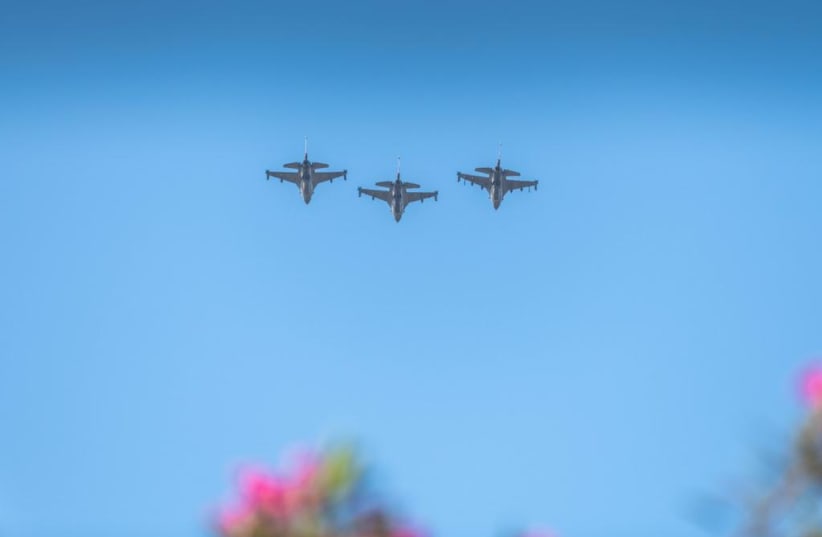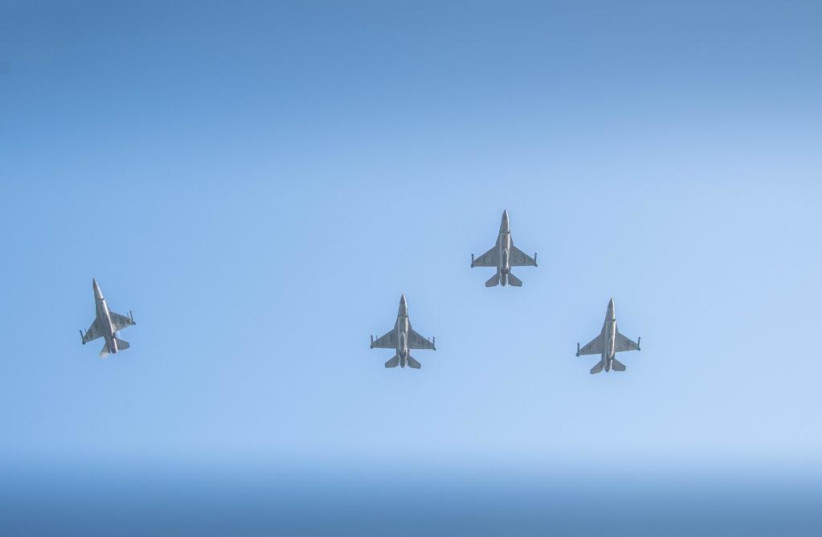The IDF on Monday marked the 75th anniversary of the Israel Air Force's first-ever airstrike.
The attack was made during the War of Independence in 1948 by the 101 Squadron on the Ad Halom area near Ashdod.
This airstrike was part of Operation Pleshet and was the maiden action of the nascent IAF.
What was the IAF's first-ever airstrike?
During the War of Independence, the IDF clashed with Egyptian forces along the southern front.
Egypt had been one of the Arab armies that invaded Israel in mid-May following Israel's declaring independence. Since then, its forces had made significant inroads into the South, pushing through the Negev as the outnumbered Jewish state had to contend with other Arab forces.
The IDF had to work to defend the South from the Egyptians and ordered the Givati Brigade to stop them and take Isdud, a city in southern Israel now known as Ashdod.
The Egyptians started moving through Isdud on May 29 while the Givati troops, led by Shimon Avidan, had to stop them from going further.
To help with this, however, came the planes. Four Avia S-199 fighter planes brought from Czechoslovakia that would form Israel's first air force: Machal.
Despite not being tested in advance, the IDF command ordered the four planes – piloted by Lou Lenart, Modi Alon, Eddie Cohen, and future Israeli president Ezer Weizman – to strike the Egyptian forces.
The location of the attack was known as Ad Halom (meaning "up until here"), the northern most point Egypt would advance in the war.
This was then followed by Operation Pleshet, which saw the IDF strike Egyptian lines over the next few days.
Ultimately, the Egyptians emerged from this round of fighting victorious, surviving the Israeli strikes and inflicting casualties, including Cohen, one of the pilots.
However, the Egyptian advance did ultimately stop. Because of this, and due to it being the first time Israel wielded air superiority in its conflict with its Arab neighbors, Operation Pleshet and the IAF's role in it are seen as major turning point of the war, ending the Egyptians' push to the North and putting them on the defensive.
A memorial to commemorate this event was held at the Givati Memorial in Ad Halom Park, featuring IAF commander Maj.-Gen. Tomer Bar and Ashdod Mayor Yehiel Lesri, among others.
This ceremony saw a salute performed by four planes from the modern Squadron 101, with one of the planes flying away from the others in memory of the late Cohen.
"The battle that happened on this day is a heroic one, where we lost 54 fighters who we will remember and cherish forever," Givati commander Lt.-Col. Eliad Moati.
"In this battle, IDF ground troops and the IAF acted together, stopping the Egyptian advance. This cooperation is a valuable asset of ours for us to be able to effectively defend Israel and its citizens."

